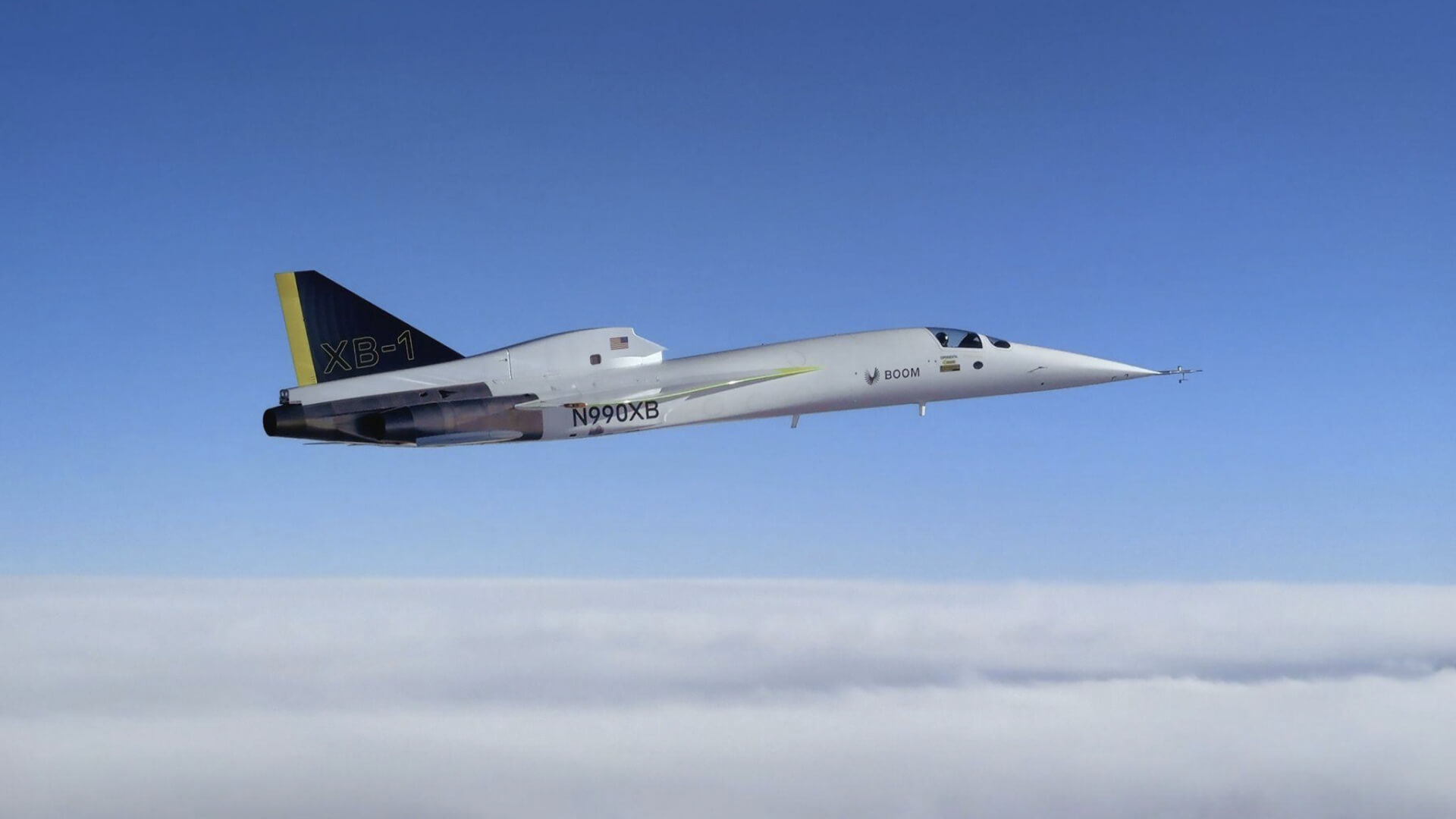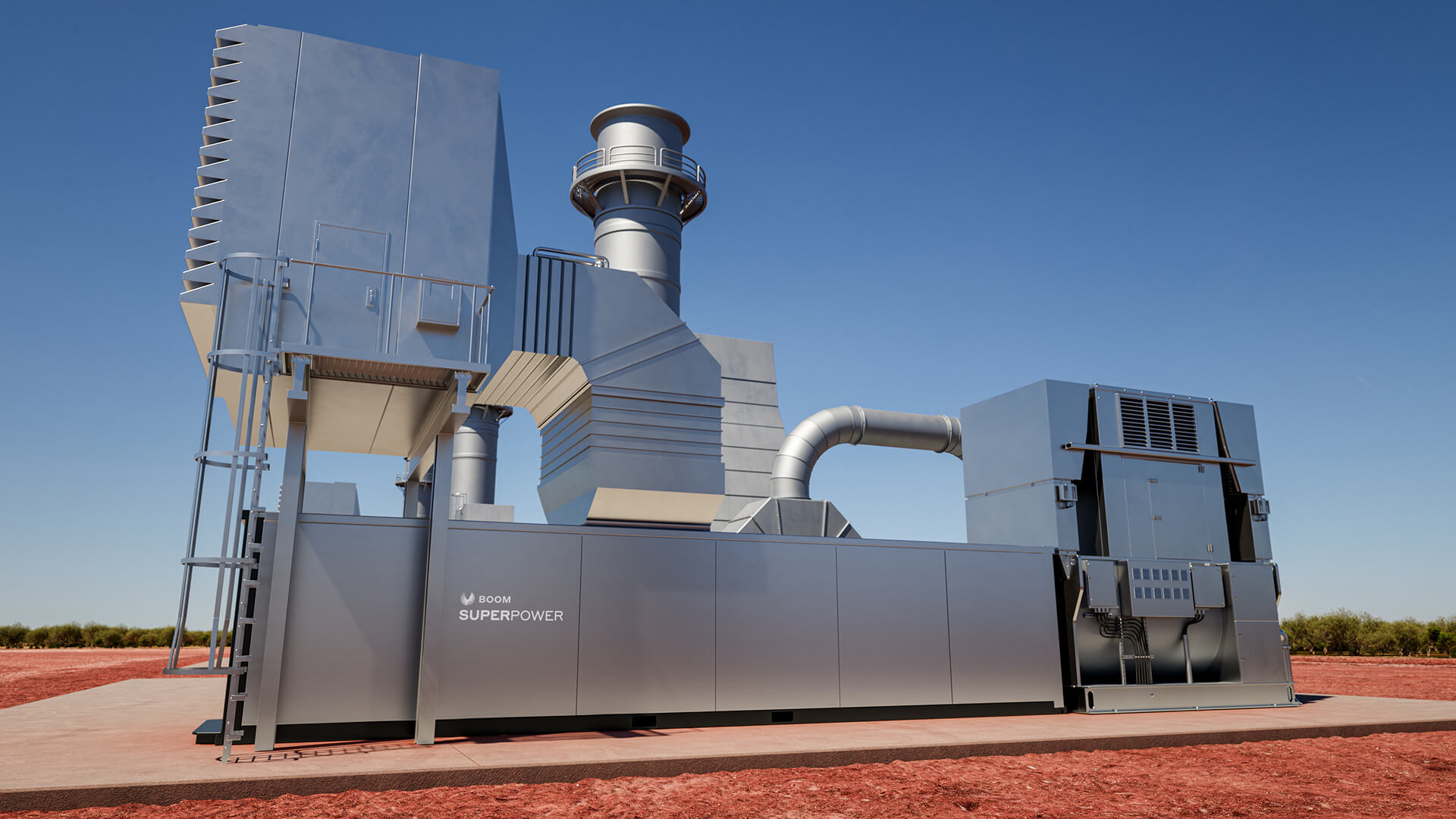Business travel is back. This summer, airlines are reporting profitability for the first time since the pandemic started. While headwinds remain with supply chain and labor shortages, elevated fuel prices, and inflationary pressure — the industry could be back in black. American Express Global Business Travel (GBT), the world’s leading B2B travel platform, reports travel recovery has strong momentum improving 14 percentage points from March 2022 to reach 76% of 2019 pro forma levels in June 2022.
And it makes sense. According to a recent report published by American Express Global Business Travel, 82% of business travelers believe in-person meetings are of irreplaceable value. This is especially true when it comes to building company culture when employees are no longer in the office everyday — business travel is a way to connect. But with the return of business travel, sustainability should be at the forefront.
Meet Nora Lovell Marchant, Vice President of Global Sustainability for American Express Global Business Travel, who provides environmental strategy across AmEx GBT’s worldwide footprint, both internally and externally, ranging from supply chain procurement, advocacy and lobbying with governments and non-governmental organizations, and everything relating to decarbonization.
We sat down with Marchant to get her perspective on how businesses of all sizes should be thinking about decarbonizing corporate travel. And particularly, the role of sustainable aviation fuel (SAF) in the future of all travel.
What’s the single most impactful action you recommend to AmEx GBT’s enterprise and small business clients?
I would say the one thing that businesses can do is to take action now. There’s so much information in the sustainability space. Because of that, we’re seeing some of our customers and suppliers feel paralyzed. But my advice is to just take a step forward. No matter what the carbon target is, there’s always the same core components — and that means reduce what you can and offset what you cannot.
So immediately reduce emissions as quickly as possible, and then offset the remainder with high quality, high integrity, carbon offsets. It’s that simple.
Is there an innovation you’re excited about that’s important to the future of sustainable travel?
I am most excited about the rapid, cost-effective, scalable deployment of SAF.
Recently, I was filling up my gas tank and it said 10% ethanol. And that made me feel quite depressed because that’s the percentage governments are targeting for 2030. Personally, I still think that is a failure. So I hope that we can go further, much faster.
In June this year, Amex GBT, Shell & Accenture launched a landmark sustainable aviation fuel (SAF) pilot program, on the Avelia platform. Avelia is a pioneering SAF digital book-and-claim platform, powered by blockchain technology.
Book & Claim is a creative solution – the SAF purchased doesn’t need to be physically transported and put into the specific aircraft of the person paying the fuel premium. This means companies that invest in SAF can verify and report the resulting emissions reductions to count towards their ESG reporting and carbon reduction targets – regardless of where in the world the SAF is used to fuel a flight.
The pilot scheme offers one million gallons of SAF in 2022. Our first customer has signed up to the pilot scheme and several more are in the pipeline.
Could you share a high-level overview of how you are approaching your sustainability strategy at AmEx GBT?
At American Express Global Business Travel, we have three key targets: create a marketplace for green business travel; improve our internal operations by reducing scope one and two emissions 100% by 2025 or earlier and reaching carbon neutrality across all scopes by 2025 or earlier; and achieving net zero by 2050 or earlier.
So how do we accomplish those three targets? We have a five pillar strategy:
- Track and report: Helping our clients and our suppliers measure and then mitigate their carbon emissions.
- Influence choice: Shifting demand towards greener options at the point of sale so that business travelers can make more informed and more sustainable travel decisions.
- Procure green: Using the power of procurement to partner with those suppliers that are helping your organization effectuate sustainability objectives.
- Promote offsets: Purchasing high-integrity, high-quality carbon offsets that are independently accredited by a third party as high-integrity carbon offsets. And of course, we prioritize nature based solutions that protect biodiversity and support local communities.
- Drive towards net zero: Aviation is considered a hard to abate sector, but we do have technical solutions as to how to solve for that, with SAF being one of the primary and most promising solutions for decarbonization of aviation.
In addition to SAF, what are the most promising opportunities to reduce the carbon footprint of the travel industry?
Taking into account sustainable travel, it really depends upon the mode of transport that’s involved. So, according to our proprietary analysis of our client population, 90% of emissions come from aviation. And then 6% come from hotels. 2% come from car or ground transport. And less than 1% comes from rail. Taking those each, in turn, there’s a materiality component. So when you’re talking about decarbonization of the travel sector, that really means the decarbonization of aviation, through methods like scaling SAF use.
That said, it’s really important to take into consideration sustainability, especially in the hotel space. At the Net Good Summit, we’re at this beautiful facility in California — and having a sustainable hotel that contributes to the natural beauty of the destination where you’re going is really important. It’s much more important than just carbon when you’re thinking about hotels.
And then the ground transport space has an opportunity to electrify faster than the aviation sector, so a lot of promise on that front. The same thing goes for rail, where electrification across different countries and helping to electrify the grid will help further decarbonize rail travel.
And for anyone soaking up the summer sun currently, I recommend reading Ben Murphy and Akshay Ashok’s white paper, “Scaling Sustainable Aviation Fuel Production.” They explore how “if SAF scales at the rate of solar energy, it could reach projected international jet fuel demand by 2036”
Supersonic travel means less time in the air and more time on the ground, where it matters most. What will do with the time you get back from supersonic flight?
It’s hard to be a working mom and to be able to make it home for bedtime when I’m traveling for work. I think that’s the transformative power that supersonic travel could provide to business travelers, in particular, making it home for bedtime.
Bonus question: What is the first place you would visit on Overture?
We were so fortunate to have the tourism board of South Africa as a founding member of the Sustainable Travel Forum.—South Africa is my favorite country in the world. The opportunity to go there again, to get there faster, and to do it in a sustainable manner, would be amazing. It’s just the most incredible country, it’s so beautiful, it’s so diverse, and has such a complicated, rich history. Tourism to South Africa can contribute to preserving wildlife and biodiversity, and that’s incredible.
Learn more about the 2022 Net Good Summit here.







